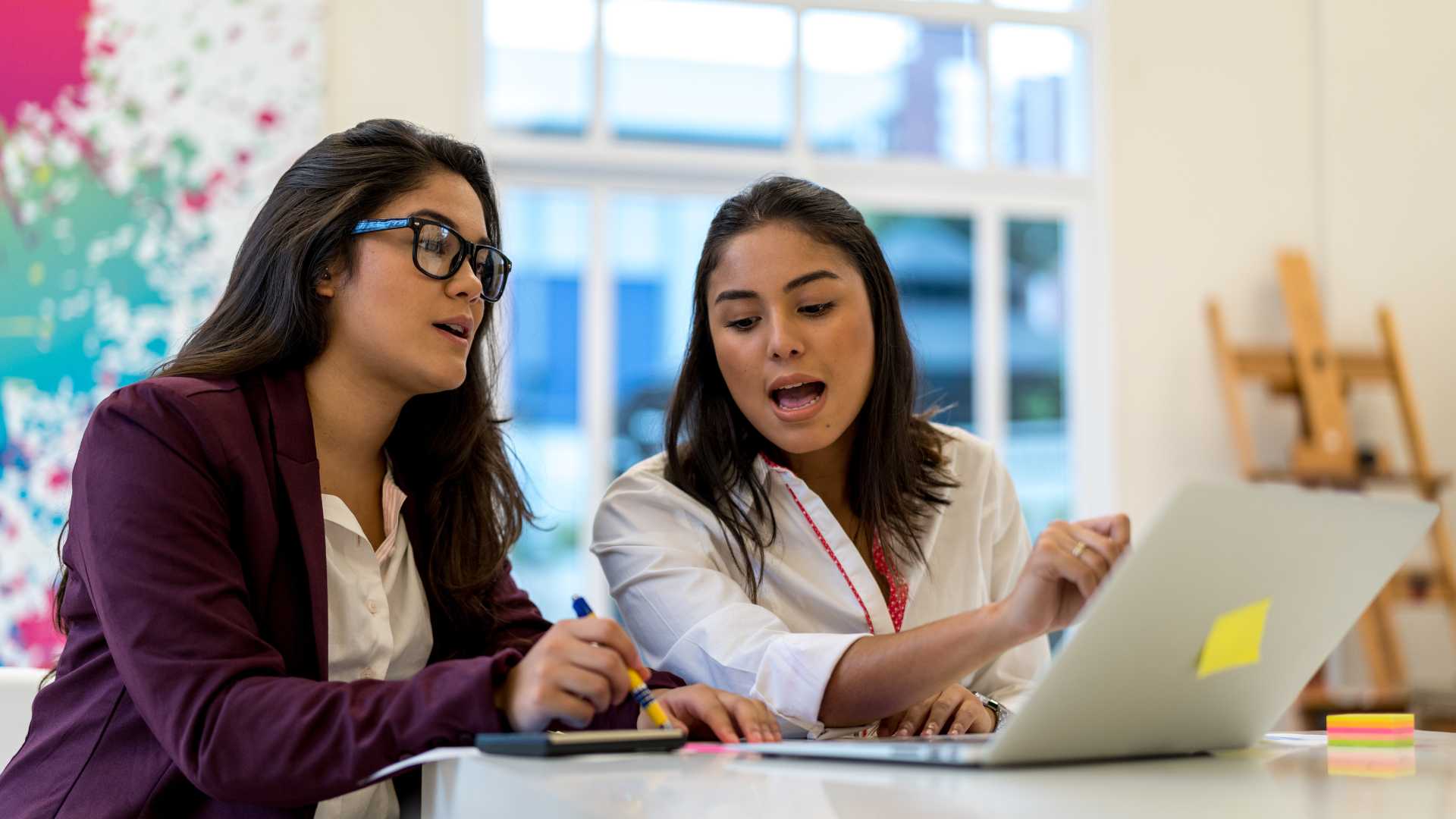Is the time you spend observing practice time well spent?
In short, the answer is ‘not always’. Observing practice can do more harm than good if executed badly, yet when done well, is a great tool to support personal and team development.
Twenty years in change leadership and continuous improvement in a range of sectors has helped me to ensure in whatever capacity we work with you, we are supportive, challenging but never ever the judge. Our job is to be your best coach – whether it be virtual through our software or in person with our advisory services.
Our customers’ ongoing success gives me the assurance we’re going about it in the right way. We are your biggest cheerleader and equally a (sometimes annoying) voice in your ear when it is needed to pull you in the right direction. You also teach us a great deal which means we get better through our shared learning with you. Being an effective observer follows broadly the same principles.
Whether you work in teaching, employment services, care, customer service, sales, software development, manufacturing, or many other roles, you’re likely to be observed fulfilling your role in some capacity, whether it be synchronistic or asynchronistic.
I remember my first job in a British Airways call centre, with my manager sitting beside me listening to my conversations with customers, watching me use the computer to deal with their booking or complaint. Airlines brings out a whole range of emotions in customers as I’m sure you’ve experienced yourself. The result was we never quite knew what to expect at the other end of a call. It could be very difficult at times. I dealt with a lot of holiday happiness, poor experiences, marriages, deaths, and a few creepy calls on the night shift I’d rather forget.
Whilst the context and skills needed might be different to that of education or employment support, the way that being observed made me feel was not. Good observers acted as coaches, helping me to reflect, identify strengths and work on problems to solve. Poor observers acted as judge and jury. It doesn’t take a genius to work out who got the best out of me.
At its best, observation is a collaborative, no threat CPD tool. At its worst, it’s stressful, high threat and adds nothing to improving quality and can be incredibly damaging to the wellbeing of your staff,
With all of that in mind, here are seven ideas to get the most from your time observing practice.
- Establish clear goals: Before observing, it is essential to have a clear understanding of what both you and the person you are observing wants to achieve. This will help focus your attention on specific aspects, encourage targeted reflection and provide feedback that is relevant and useful. Clear goals help you evaluate the effectiveness of the observation process itself. You are not the parent. They are not the child. It is a CPD partnership. Great observers learn as much as the person being observed.
- Create a safe environment: It is important to create a supportive environment where the person being observed feels comfortable with you being there and safe to receive feedback. Feedback that doesn’t land, is a waste of both of your time. This needs to be considered both in the way your policy and process are positioned and how they are enacted operationally. Whether or not you grade individual sessions has a bearing on how the process is perceived. My default position is to discourage grading a single event.
- Use multiple sources of data: Observing a single event is only one source of data. To provide a complete picture, it is important to gather data from multiple sources, such as assessed work, reviews, and self-reflection.
- Identifying and capturing strengths is important: Observers should focus on the positives in the lesson, highlighting strengths and areas of effective practice helps to build confidence and motivation to continue to improve. How those strengths are captured and used to build organisational capacity is underplayed in our sectors at the moment in my experience.
- Provide specific, actionable feedback: Feedback should be specific and actionable, discussing problems to solve and working through practical strategies to address them. Feedback should also be timely, given soon after the observation to ensure its relevance.
- Use a collaborative approach to observing practice: Observers should adopt a collaborative approach, working with the observee to identify areas for improvement and strategies to address them. This approach helps to build a shared understanding of effective practice and encourages the observee to take ownership of their own professional development.
- Use evidence-based practices: Finally, observers should use evidence-based practices when providing feedback. This means using research-based strategies and techniques that have been shown to be effective in improving practices. Using the further education professional standard for teaching, and very soon the quality improvement framework we have developed in conjunction with the Institute for Employability Professionals and the Good Employability Company for employability professionals can help to frame this.
Find out how Mesma’s Develop software product supports observations and reflective practice here…



